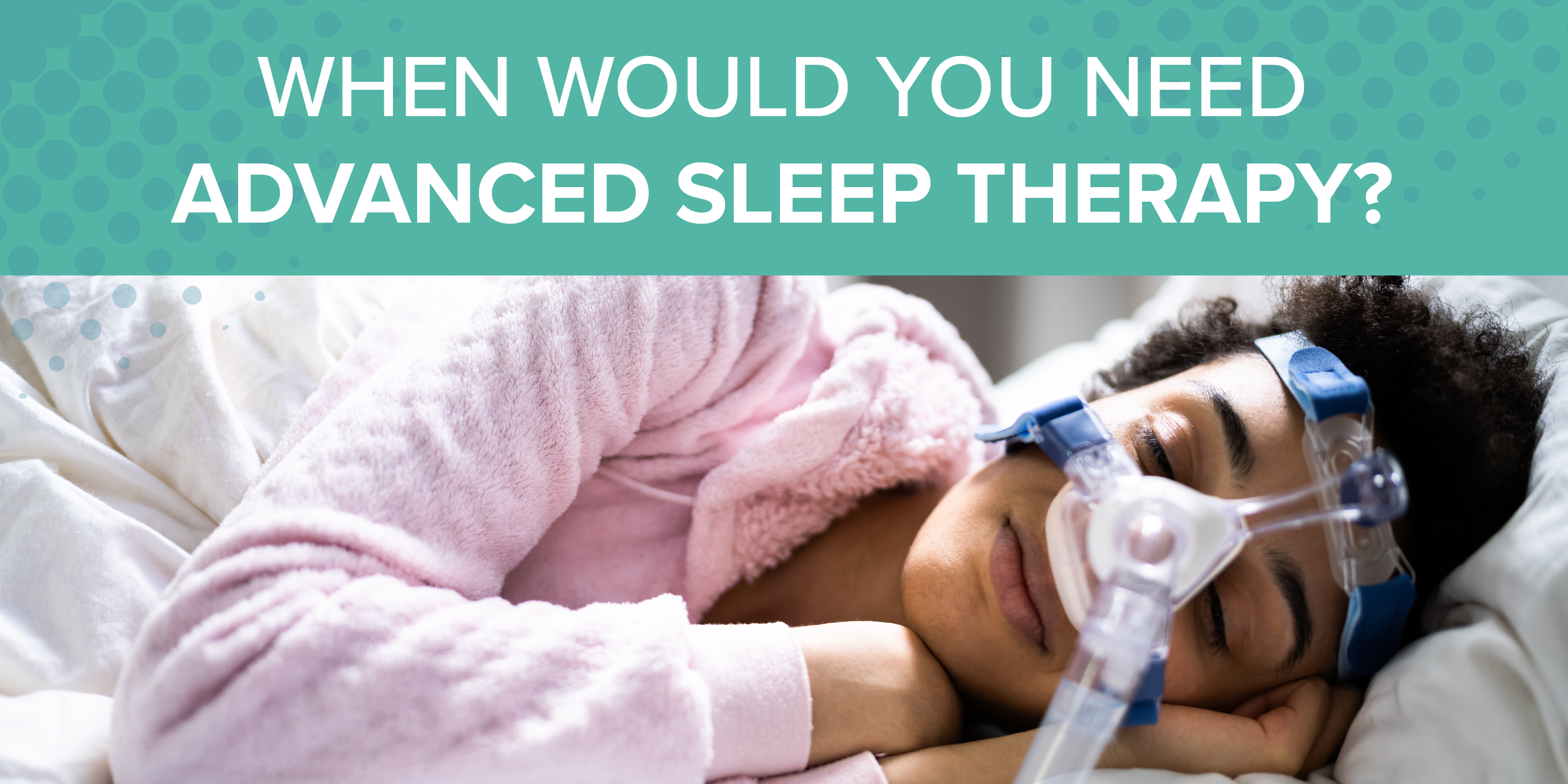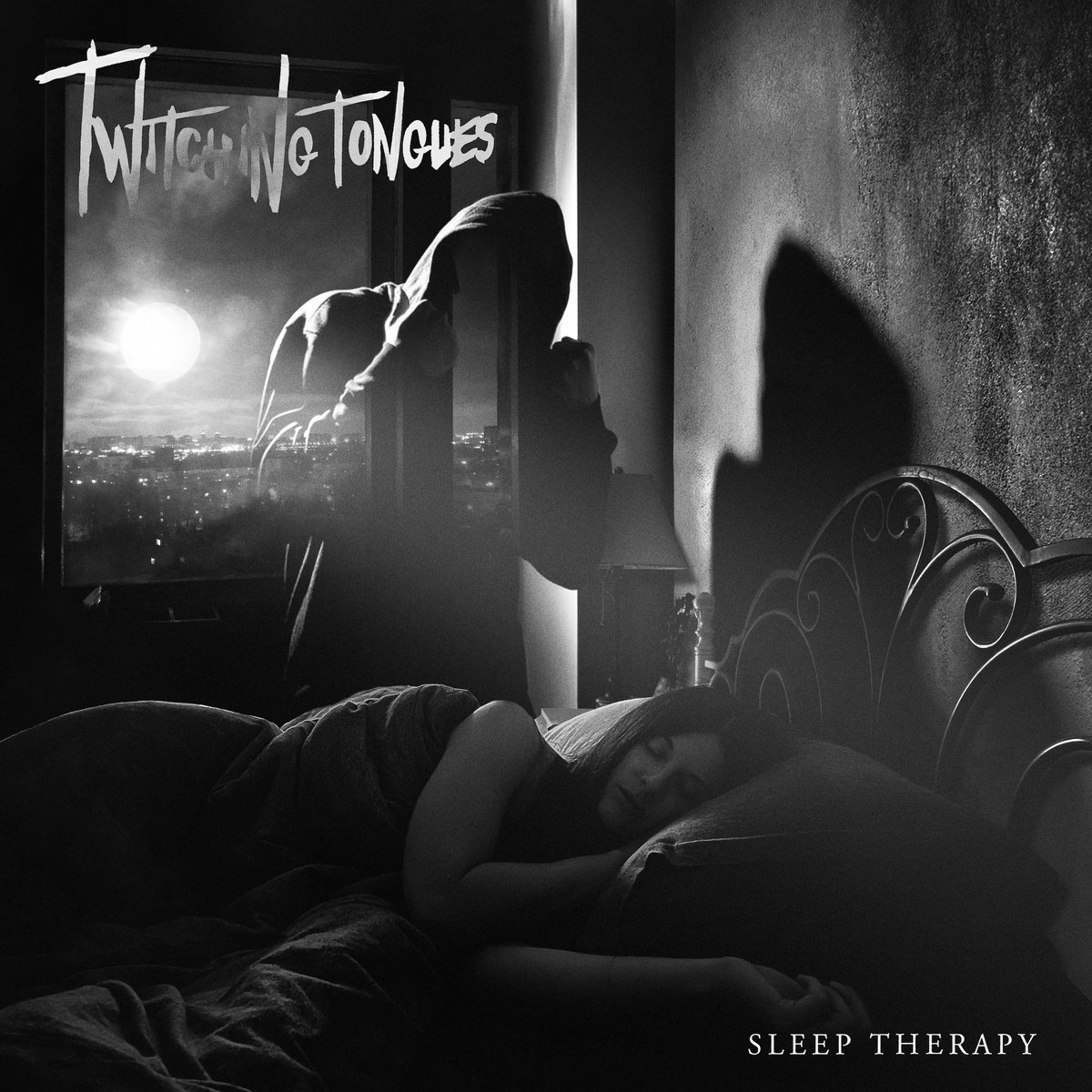Cognitive Behavioral Therapy for Insomnia (CBT-I) - Proven Methods
Cognitive Behavioral Therapy for Insomnia (CBT-I) - Proven Methods
Blog Article
Reliable Treatment Solutions for Managing Rest Disorders and Enhancing Relaxing Sleep
In the realm of health care, the administration of rest disorders and the quest for restful sleep are crucial components of overall wellness. Reliable treatment options supply a complex technique to take on these difficulties, varying from cognitive behavioral interventions to alternative methods that advertise relaxation and mindfulness. The expedition of numerous strategies, including the assimilation of medication and light therapy, opens a realm of possibilities in the quest of much better sleep high quality. As we browse the detailed landscape of sleep problems and seek to improve our rest experience, a deeper understanding of these treatment options may hold the key to opening a more refreshing and meeting restorative journey.
Cognitive Behavior Modification for Sleep Problems (CBT-I)
Cognitive Behavior Modification for Sleeping Disorders (CBT-I) is a structured, evidence-based therapy approach that concentrates on attending to the hidden aspects adding to rest disturbances. This kind of therapy aims to change habits and thoughts that intensify sleeping disorders, inevitably promoting healthy and balanced rest patterns. CBT-I generally entails numerous crucial components, consisting of cognitive therapy, sleep restriction, stimulus control, and rest hygiene education and learning.
Cognitive therapy helps people identify and transform negative idea patterns and beliefs about rest that may be hindering their capability to fall or remain asleep. Sleep constraint includes restricting the quantity of time spent in bed to match the person's actual sleep duration, thus raising sleep efficiency (sleep disorder treatment). Stimulus control strategies assist establish a strong organization in between the bed and rest by encouraging individuals to visit bed only when sleepy and to avoid engaging in promoting activities in bed
Moreover, sleep hygiene education and learning concentrates on creating healthy sleep habits, such as preserving a consistent rest timetable, developing a relaxing going to bed routine, and optimizing the rest setting. By attending to these elements thoroughly, CBT-I supplies an effective non-pharmacological intervention for managing sleeplessness and enhancing total sleep high quality.
Rest Health Practices
Having actually developed the structure of cognitive restructuring and behavior alterations in attending to insomnia with Cognitive Behavior modification for Insomnia (CBT-I), the focus now shifts towards exploring vital Sleep Hygiene Practices for maintaining optimal sleep quality and total well-being.
Rest hygiene methods encompass a range of habits and environmental elements that can dramatically influence one's ability to go to sleep and remain asleep throughout the evening. Consistent sleep and wake times, producing a relaxing bedtime regimen, and maximizing the rest atmosphere by keeping it dark, peaceful, and cool are critical components of excellent rest hygiene. Restricting exposure to screens before going to bed, preventing stimulants like caffeine near to bedtime, and taking part in regular exercise throughout the day can also advertise far better sleep high quality.
In addition, exercising relaxation techniques such as deep breathing exercises or meditation prior to bed can aid relax the mind and prepare the body for sleep. By integrating these rest hygiene techniques into visit homepage one's daily regimen, individuals can develop a healthy rest pattern that sustains relaxed rest and overall well-being.
Relaxation Techniques and Mindfulness
Applying relaxation methods and mindfulness methods can play a pivotal duty in cultivating a feeling of calmness and advertising top quality sleep. Furthermore, guided images can assist carry individuals to a tranquil place in their minds, assisting in tension reduction and boosting rest quality.
By incorporating these methods right into a bedtime routine, individuals can indicate to their bodies that it is time to prepare and relax for sleep. In general, integrating leisure techniques and mindfulness practices can significantly contribute to managing rest disorders and boosting general sleep top quality.

Medication Options for Sleep Disorders
After exploring relaxation techniques and mindfulness methods as non-pharmacological treatments for boosting rest high quality, it is vital to take into consideration medication options for people with rest conditions. In situations where lifestyle adjustments and therapy do not supply adequate relief, medication can be a useful tool in managing sleep disturbances.
Typically recommended drugs for sleep problems include benzodiazepines, non-benzodiazepine hypnotics, antidepressants, and melatonin receptor agonists. Benzodiazepines, such as diazepam, are sedatives that can aid induce rest, however they are normally recommended for temporary usage as a result of the risk of dependancy. Non-benzodiazepine hypnotics like zolpidem are also made use of to deal with sleeping disorders and have a reduced risk of dependence compared to benzodiazepines. Antidepressants, such as trazodone, can be beneficial for individuals with co-occurring anxiety and rest disturbances. Melatonin receptor agonists, like ramelteon, target the body's natural sleep-wake cycle and can be helpful for regulating sleep patterns.
It is crucial for individuals to speak with a health care company to determine the most suitable medication choice based on their specific rest reference condition and case history.
Light Treatment for Circadian Rhythm Policy
Light therapy, also referred to as photo-therapy, is a non-invasive therapy technique utilized to manage circadian rhythms and improve sleep-wake cycles. This treatment entails exposure to brilliant light that resembles natural sunlight, which assists to reset the body's internal clock. By revealing individuals to particular wavelengths of light, generally in the early morning or night depending upon the desired impact, light therapy can effectively readjust the circadian rhythm to promote wakefulness throughout the day and boost restful sleep in the evening.
Research has shown that light treatment can be especially advantageous for people with circadian rhythm disorders, such as delayed rest stage disorder or jet lag. It can also be practical for those experiencing seasonal affective condition (SAD), a kind of clinical depression that commonly occurs throughout the wintertime months when natural light exposure is reduced. Light treatment is normally well-tolerated and can be made use of in combination with other therapy methods for sleep disorders to optimize results and enhance overall rest look here top quality.
Final Thought
Finally, efficient treatment remedies for handling sleep disorders and enhancing relaxed sleep include Cognitive Behavioral Treatment for Insomnia (CBT-I), rest health practices, relaxation methods and mindfulness, medication options, and light therapy for body clock guideline. These techniques can aid individuals improve their rest quality and general well-being. It is necessary to speak with a health care supplier to figure out one of the most ideal technique for attending to sleep problems.
As we navigate the detailed landscape of sleep conditions and look for to enhance our rest experience, a deeper understanding of these treatment remedies might hold the trick to opening an extra refreshing and fulfilling restorative journey.
Rest constraint entails limiting the quantity of time invested in bed to match the person's actual rest period, consequently enhancing sleep performance. Constant rest and wake times, creating a relaxing going to bed routine, and enhancing the sleep environment by maintaining it dark, quiet, and cool are crucial components of great sleep hygiene. Light therapy is typically well-tolerated and can be used in combination with various other treatment approaches for rest disorders to optimize results and boost overall sleep high quality.

Report this page